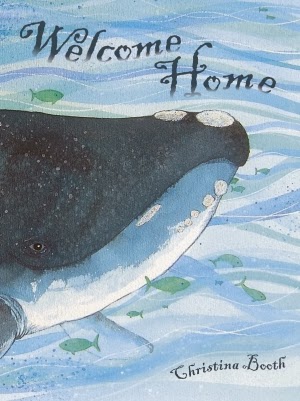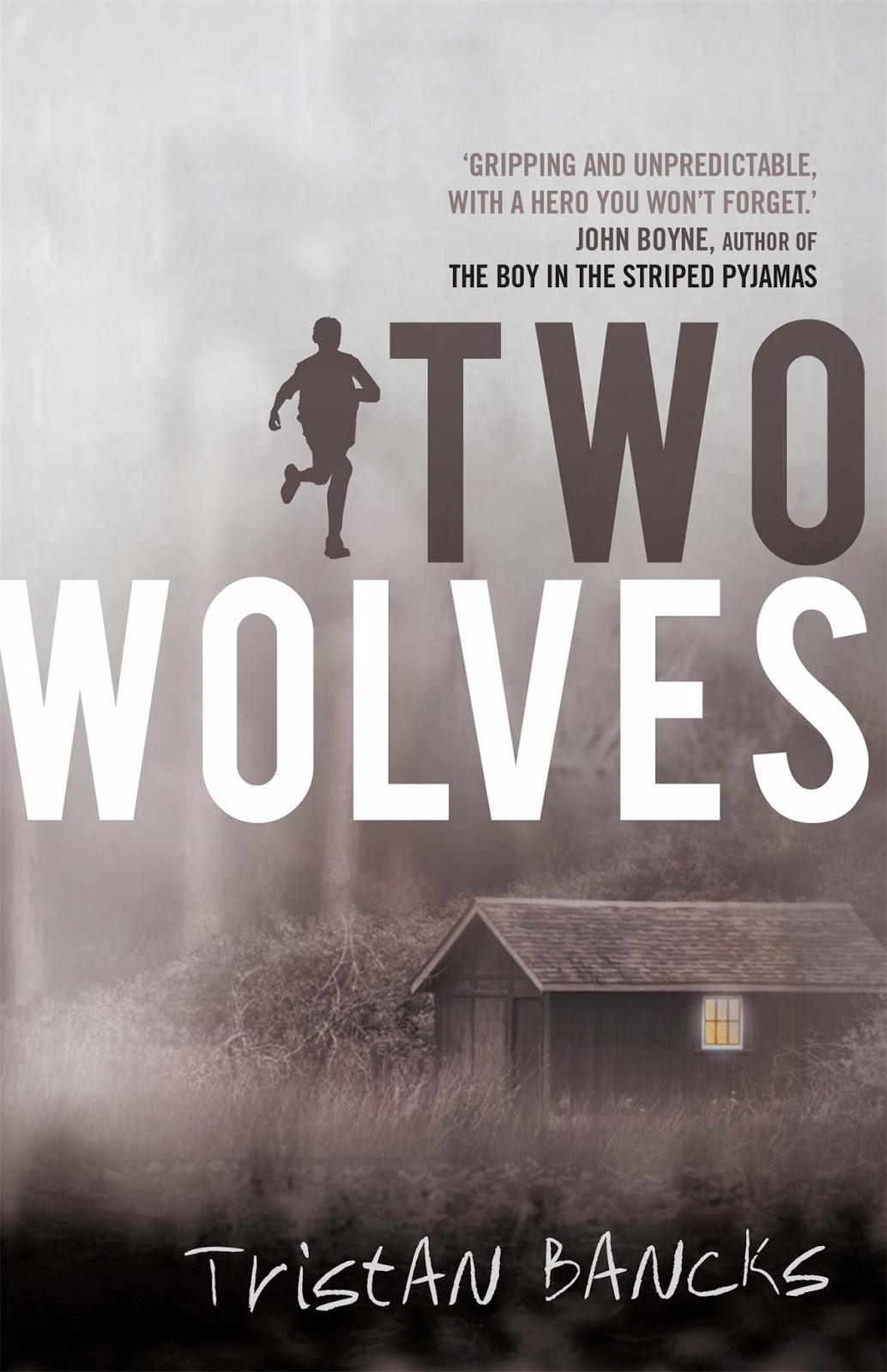The
Beaconsfield Festival of Golden Words - never heard of it? That's because it's a brand new literary festival for Tasmania, taking place 14-16 March!
Today's Q&A is with Christina Booth, a children's writer and illustrator, who will be appearing at the festival.
1. What is your latest published
book? Tell us a little about it.
My latest book is called
Welcome Home. It is a story about a boy and a whale. Inspired by an event that
happened in my home state of Tasmania, the story follows a whale as she swims
into a river and tells her stories to a young boy. The stories are both joyful
and sad. The young boy learns of the history of whaling and why the whales
were driven away. He wonders if he can make amends for the past and encourage
her to stay. 'Sorry,' he tells her but she swims away. Then in the early dawn
people gather on the shore and watch as she swims and plays in the water, but
not on her own.
I have always wanted to write
a book that looks at the issue of whaling. It is a gruesome and violent topic
and quite political and very difficult to approach appropriately in a book for
young children. When a southern right whale swam into Hobart's Derwent River and
had a calf, the first born in what was once a thriving whale nursery in nearly
200 years I knew I had a story. I have approached the effects of whaling from a
historical perspective and asked myself, how did the whale know it was safe to
come back? Do whales tell their children stories like we do? Can a whale forgive
us? I like to start my story writing with a question.
2. What research did you have
to do for it? Is research different for illustrators? If so, in what
way?
I researched information about
southern right whales and the history of whaling during the early European
settlement of Australia and New Zealand. I watched a lot of documentaries, read
books including journal entries of whalers from the time and looked at a lot of
pictures of whales. I collected as many images of whales as I could and
researched about their behaviour and anatomy. I visited a few museums and
researched quite a bit online.
My research is very much the
same as an illustrator as it is for my writing though I do have to collect and
study a lot of visual aspects, not just to have descriptions right in words but
to have certain important aspects correct in my illustrations. If you understand
the anatomy of the animal you are drawing and painting, even if you are
simplifying it or morphing it in some way then you will capture the essence of
what makes that animal unique. A lot of my illustration research is spent doing
studies and sketches of animals to learn how to make them move and sit, stand
etc, in certain environments and situations. I am inspired by the way Beatrix
Potter studied to draw her animal characters. She drew them anatomically correct
and then she dressed them. My whales aren't dressed though!!
3. What is your best time of
day for illustrating? Why is that?
I have a crazy life, lots of
people coming and going in my house which is where my studio is. I find that
once I have settled into the studio and focused then any time is the best time.
Sometimes I go up to turn off computers for the night and find myself distracted
and working again. It puts me into a time bubble and before I know it everyone
else has gone to sleep and hours can pass by. Because I am a mum the best time
to work is any time I can grab to do so.
4. What is the strangest
question you've ever been asked by a child reader? How did you
respond?
Not many odd ones but one
child wanted to know what language we spoke in Tasmania. I answered with a
question that had the group chatting for a bit about what they thought (they
were quite young and lived on what I affectionately call the 'Big
Island').
5. What do you like most about
literary festivals?
I love festivals, the word
itself engages the essence of fun and celebration. I love literary festivals
because they celebrate what I love to do and offer the opportunity for everyone
to engage with the idea of using words and pictures to tell stories. We hear from
the great writers and also from the potentially great and we learn from each
other. Humans are naturally designed to tell stories and to gather together so
when I attend a writing festival I feel very at home and love listening, telling
and doing. I love having the chance to meet new people, my audience (they are
not a figment of my imagination, hooray) and to share any skills I have with
others and learn new ones as well. I love to learn.





